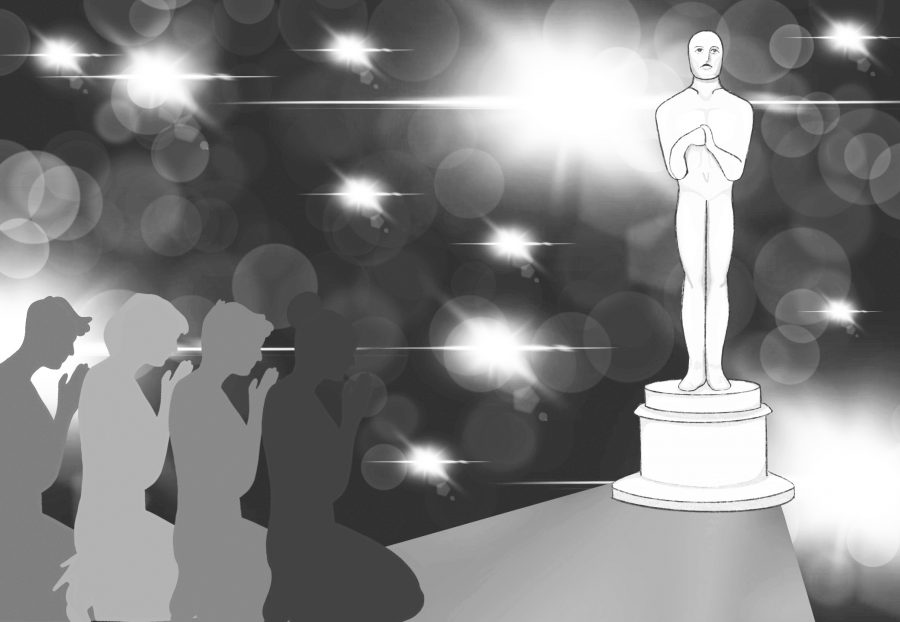In the midst of awards season, it’s easy to find ourselves enthralled by luxurious designer dresses, velvet red carpets and captivating performances. Celebrities open envelopes to announce the winners of various award categories, with millions of people worldwide nestled on their couches, eager to hear the results.
Oftentimes, we’re familiar with the nominees—the films, actors and songs—and all they have to offer, but as the winners of these categories are named one-by-one, these thoughts escape us.
And so we sit back as the recipients deliver their acceptance speeches, adding their work to our mental lists of what to watch, assuming that their contributions must be of note.
In doing so, we celebrate cultural accomplishments based on the tastes and preferences of just a few elite individuals from the industry. We allow them to shape our perspectives by determining what in pop culture should be considered successful as well as who to hold in high regard. But in reality, personal opinion should serve as the basis for these perceptions. Individuals should be able to formulate their own ideas free from the influence of others.
In forming our own opinions, it is essential to venture beyond what is presented, whether this means looking past the list of award-winning films or, more importantly, exploring topics of interest outside the classroom.
For example, routinely browsing stories on reputable news websites, flipping through the daily paper or reading material beyond course curricula illuminates numerous different matters, prominent ones which teachers may merely gloss over in their lecturers for lack of relevance to the lesson. In any case, expanding the boundaries of the knowledge imparted to us often clarifies the topics in question.
There is a reason that so many of us often fall back into the pattern of allowing authoritative figures to determine our perceptions and ideologies. It is comfortable to have someone who is supposedly more knowledgeable offering advice about how to think and what to do.
This sort of guiding force eliminates the risk of making the wrong decision in the eyes of those around us.
However, when we decide to subscribe almost blindly to mainstream ideals, we lose a chance to learn for ourselves and from each other. So much of what makes a film, a book or an idea impactful is the power that it has to resonate with individuals on a deeply personal level.
Though critical acclaim and popular opinion are useful ways to discover art, when taken as gospel, it can detach the individual from genuine connection, leading to movie theaters, book clubs and couches filled with people discussing something very impersonal in mediums designed to be intimate. The arts represent a topic that should be valued subjectively, as their power lies in the emotions they elicit from viewers. These awards, a celebration of commercialism, inherently devalue this experience.
However, it’s important to recognize how awards season can, when taken with a grain of salt, help encourage people to go out and see a myriad of films they likely would not have seen.
They play a part in inspiring widespread audience discourse and debate while increasing support for lesser-known films.
In the end, many people enjoy award shows and the films they celebrate, but viewers should not lose sight of forming their own opinions and recognizing the flaws in the process.




































